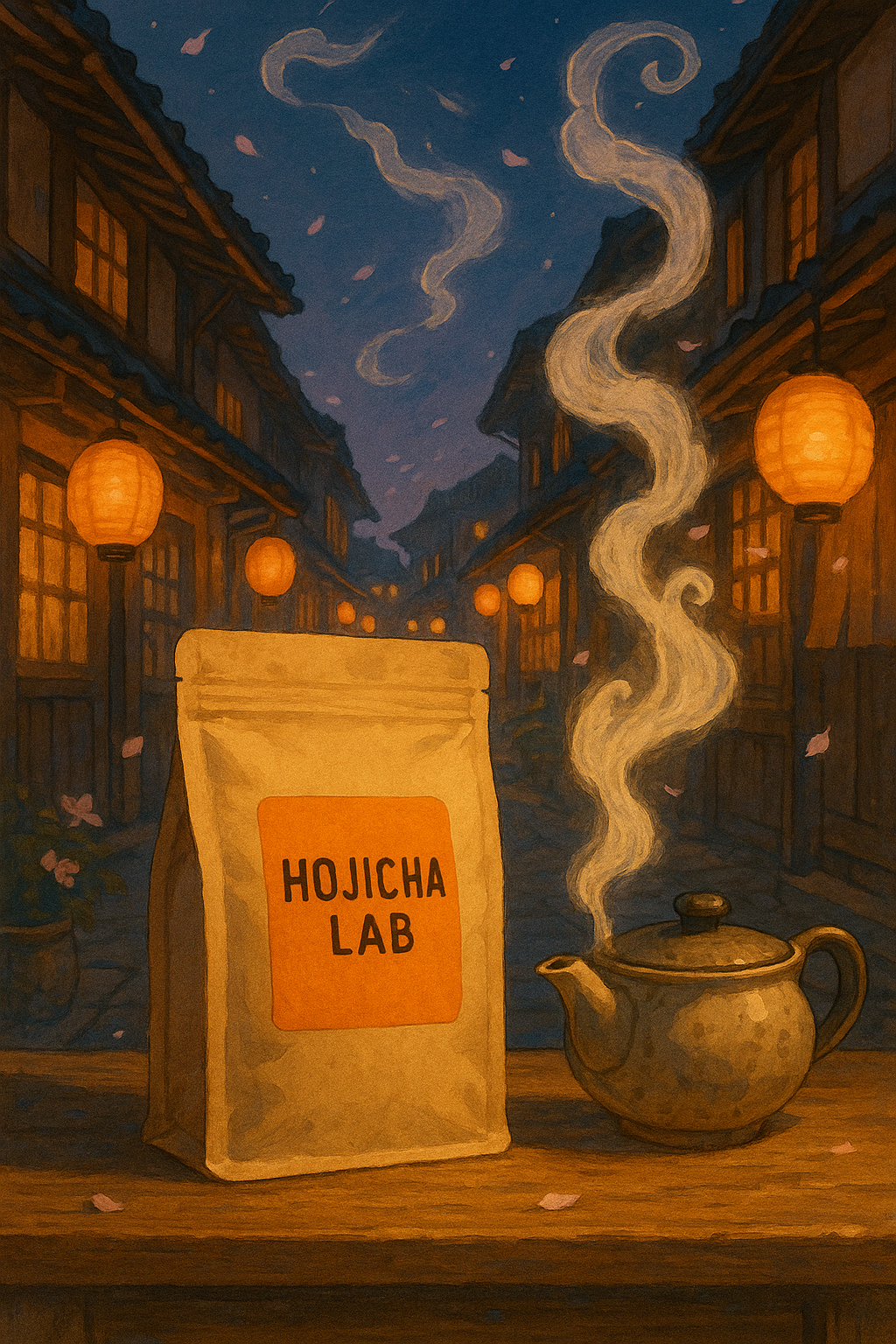
The History of Hojicha: From 1920s Kyoto Fires to Global TikTok Trend
Long before #HojichaTok clocked hundreds of millions of views, a resource-strapped Kyoto tea merchant had an idea: rescue unsold bancha by flash-roasting it over glowing charcoal. That smoky experiment in 1920 birthed hojicha, a mellow, copper-coloured tea now sweeping café menus from Tokyo to London.
“Every roast must speak of the sun, soil and water that raised the leaf.”— Kōji Kagata
A Century of Roasted Tea
- Kyoto merchant roasts leftover bancha over charcoal—hojicha is born.
- Tea shops use the irresistible toasted aroma to lure customers into their stores.
- Post-war households embrace hojicha as an affordable, low-caffeine everyday brew.
- Starbucks Japan launches the first Hojicha Frappuccino, signalling mainstream café appeal.
- Financial Times crowns the hojicha latte “summer’s buzziest order” in the UK & US.
- The hashtag #HojichaTok rockets past 300 M views; brands rush to release hojicha powders, lattes and desserts worldwide.
Ready to taste history? Browse our roasted-tea range or try the viral iced hojicha latte recipe on TikTok.